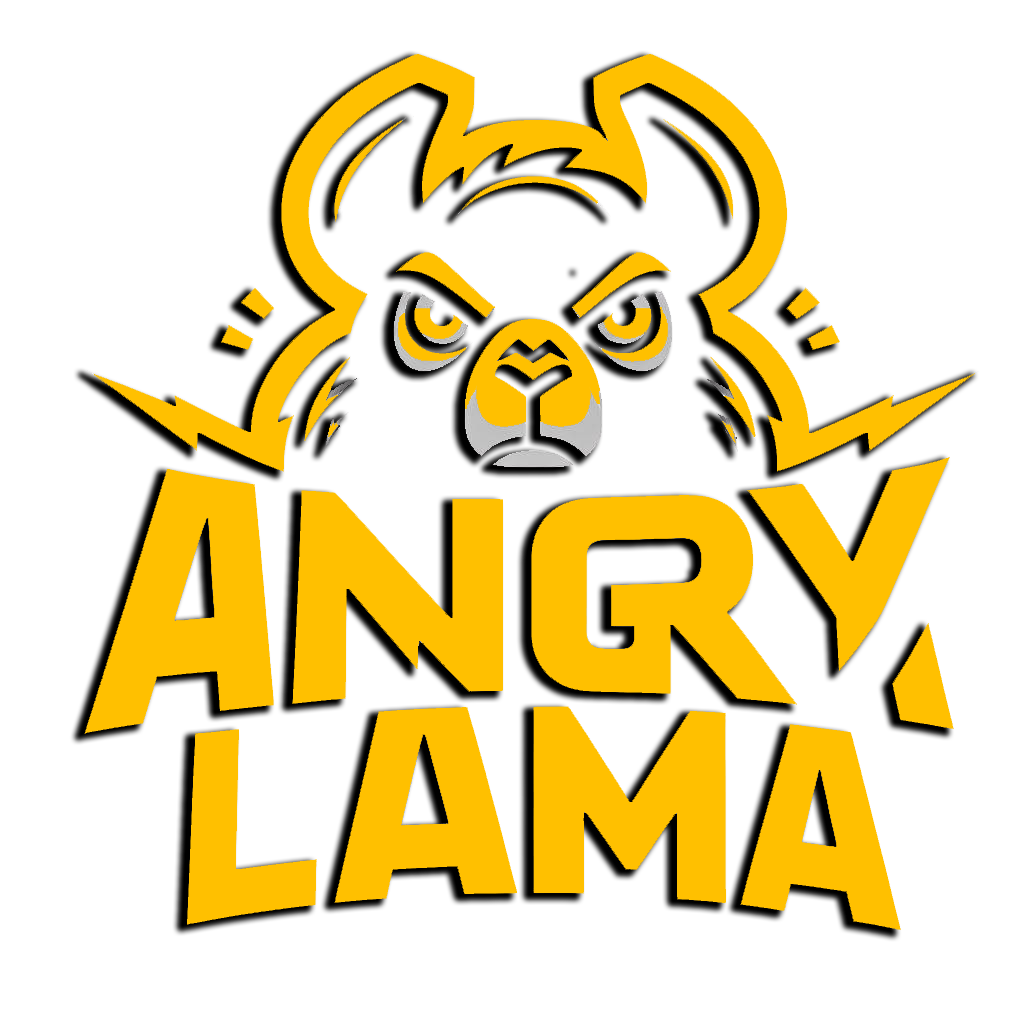Smart Contract
Understanding the Role of Smart Contracts in the Cryptocurrency Ecosystem
As the cryptocurrency landscape continues to evolve, one of the most transformative innovations within this space has been the emergence of smart contracts. Smart contracts are self-executing digital agreements that facilitate, verify, and enforce the negotiation or performance of a contract without the need for centralized intermediaries. The integration of smart contracts into the cryptocurrency ecosystem has revolutionized the way transactions and agreements are processed, offering a level of transparency, efficiency, and security that was previously unattainable. By leveraging the decentralized nature of blockchain technology, smart contracts have the power to automate a wide range of financial and commercial activities, from simple payments to complex financial instruments and supply chain management.
The Anatomy of a Smart Contract: Key Characteristics and Functionalities
At the core of a smart contract lies a set of predetermined rules and conditions, encoded in computer code, that govern the execution and enforcement of the agreement. When the predefined conditions are met, the smart contract automatically triggers the corresponding actions, such as the transfer of digital assets or the implementation of specific business logic. One of the defining characteristics of smart contracts is their immutability. Once deployed on a blockchain network, the contract’s code cannot be altered, ensuring that the terms and conditions remain transparent and tamper-proof. This feature instills a high level of trust and reliability in the transaction process, as participants can be confident that the contract will be executed as intended.
Moreover, smart contracts possess the ability to seamlessly integrate with other blockchain-based applications and services, enabling the creation of complex, decentralized ecosystems. This interconnectivity allows for the development of sophisticated financial instruments, supply chain management solutions, and decentralized applications (dApps) that leverage the power of smart contracts.

Unlocking the Potential of Smart Contracts in the Cryptocurrency Realm
The versatility of smart contracts has unlocked a vast array of use cases within the cryptocurrency ecosystem. From facilitating peer-to-peer transactions and automating the execution of financial agreements to enabling the creation of decentralized marketplaces and implementing transparent governance models, smart contracts have become an integral component of the crypto landscape. One of the most prominent applications of smart contracts in cryptocurrency is the facilitation of decentralized finance (DeFi) protocols. Smart contracts have paved the way for the development of innovative DeFi products, such as decentralized exchanges, lending platforms, and yield farming opportunities, all of which operate on the principles of transparency, accessibility, and user control.
Furthermore, smart contracts have proven invaluable in the realm of asset tokenization, where physical or digital assets can be represented as digital tokens on a blockchain network. These tokenized assets can then be traded, exchanged, or used as collateral in various financial transactions, all facilitated by the automation and security of smart contracts.
The Evolution of Smart Contracts: Enhancing Scalability and Interoperability
As the adoption of smart contracts in the cryptocurrency space continues to grow, the need for scalable and interoperable solutions has become increasingly paramount. Blockchain networks and protocols have been actively addressing these challenges, introducing innovations that enhance the scalability and cross-chain compatibility of smart contracts. Layer-2 scaling solutions, such as sidechains and state channels, have emerged as key enablers of smart contract scalability. These technologies allow for the execution of complex smart contract logic off the main blockchain, thereby reducing transaction congestion and improving overall network performance.
Advancements in cross-chain communication protocols, on the other hand, have revolutionized the interoperability of smart contracts. By facilitating the seamless exchange of data and assets across different blockchain networks, these protocols enable the development of truly decentralized applications that can leverage the unique capabilities of multiple blockchain ecosystems.

The Intersection of Smart Contracts and Cryptocurrency Governance
Beyond their practical applications in financial transactions and decentralized applications, smart contracts have also played a pivotal role in the governance of cryptocurrency networks. Through the implementation of decentralized autonomous organizations (DAOs), smart contracts have empowered cryptocurrency communities to collectively manage and govern the development, decision-making, and resource allocation of their respective blockchain projects. DAOs utilize smart contracts to encode the rules and procedures that govern the organization, allowing for transparent, democratic, and tamper-proof decision-making processes. This model has proven particularly effective in fostering community engagement, aligning incentives, and ensuring the long-term sustainability of cryptocurrency projects.
As the cryptocurrency ecosystem continues to evolve, the integration of smart contracts into governance structures has become a crucial factor in the successful and equitable management of decentralized networks, as well as the empowerment of their respective communities.
Smart Contracts and the Future of Cryptocurrency: Opportunities and Challenges
Looking ahead, the future of smart contracts in the cryptocurrency space holds immense promise, as the technology continues to evolve and unlock new frontiers of decentralization. From the development of more sophisticated financial instruments to the integration of smart contracts into Internet of Things (IoT) applications and beyond, the potential use cases are vast and far-reaching. However, the integration of smart contracts into the cryptocurrency ecosystem is not without its challenges. Issues such as security vulnerabilities, regulatory uncertainties, and the need for increased user-friendliness must be addressed to facilitate widespread adoption and mainstream integration.
As the cryptocurrency industry continues to mature, the role of smart contracts will become increasingly crucial in driving innovation, enhancing transparency, and empowering users to take control of their digital assets and financial activities. By addressing the evolving challenges and capitalizing on the transformative potential of smart contracts, the cryptocurrency ecosystem is poised to witness a new era of decentralized solutions that will reshape the global financial landscape.

Securing Smart Contracts: Mitigating Vulnerabilities and Ensuring Resilience
As the complexity and adoption of smart contracts in the cryptocurrency space grows, the importance of robust security measures cannot be overstated. Smart contracts, by their very nature, are immutable and self-executing, which means that any vulnerabilities in their code can have severe and irreversible consequences. To address this challenge, the cryptocurrency community has developed a range of security best practices and auditing techniques to identify and mitigate potential vulnerabilities in smart contract design and implementation. This includes the use of formal verification methods, which involve the mathematical modeling and analysis of smart contract code to ensure its correctness and adherence to desired properties.
Additionally, the emergence of decentralized security services and bug bounty programs has empowered developers and researchers to collaborate in identifying and patching security flaws, further enhancing the resilience of smart contracts within the cryptocurrency ecosystem. As the industry continues to evolve, the ongoing focus on smart contract security will be crucial in building trust, fostering user confidence, and enabling the widespread adoption of these transformative technologies.
Regulatory Considerations and the Evolving Legal Landscape for Smart Contracts
The integration of smart contracts into the cryptocurrency space has also raised regulatory and legal considerations that need to be addressed. As these digital agreements become increasingly prevalent in financial transactions and commercial activities, policymakers and legal experts have been tasked with developing a comprehensive framework to govern their use and ensure compliance with existing laws and regulations. Jurisdictions around the world are actively exploring the regulatory implications of smart contracts, addressing issues such as their legal status, enforceability, and the treatment of digital assets involved in smart contract-based transactions. This regulatory landscape is rapidly evolving, and the cryptocurrency industry must work collaboratively with policymakers to ensure that the development and deployment of smart contracts align with the evolving legal and regulatory environment.
Moreover, the cross-border nature of blockchain-based transactions and the decentralized nature of smart contracts have introduced new challenges in terms of jurisdictional boundaries and the enforcement of contractual obligations. As the industry continues to mature, the need for international cooperation and harmonization of smart contract-related regulations will become increasingly crucial to provide clarity, certainty, and legal protection for users and businesses operating within the cryptocurrency ecosystem.

Our game development Team has developed a 3D online Android game based on blockchain technology. Players can Earn Money by competing with each other through the game. Visit our YouTube channel for more information. Also Click to download our TanKash game.



